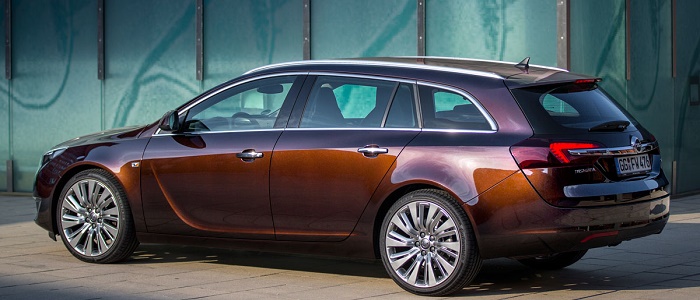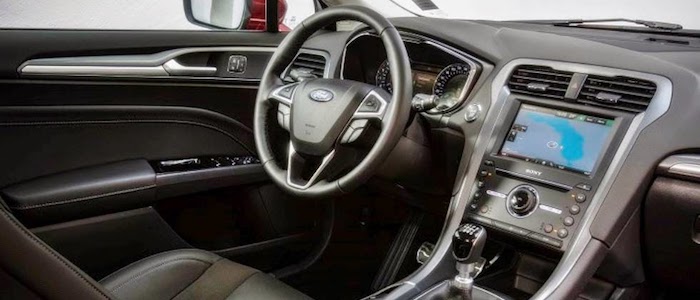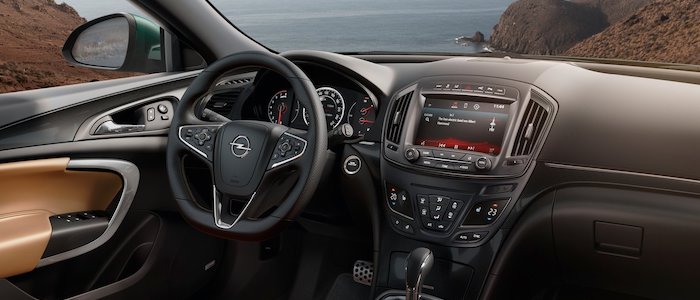Compare two cars
Compare any two cars and get our Virtual Adviser™ opinion
Dimensons & Outlines
Check vehicle history
Engine
2.0 mJet 170
Performance (manual gearbox)
Performance (automatic gearbox)
Expenses
Virtual Adviser's™ opinion
Two significantly similar cars, no doubt about that. Still, each one has something different to offer. Having both cars powered by diesel engines and utilizing the 5-door wagon body style within the same 'Large family car' segment, the only major difference here really is their wheel drive configuration (4 x 4 for the Ford and front in the case of the Opel). The first one has a Peugeot-engineered powertrain under the hood, a 4-cylinder, 16-valves 180hp unit, while the other one gets its power and torque from a 4-cylinder, 16-valves 170hp engine designed by FIAT.
SafetyA starting point here would be to take a look at the results from European New Car Assessment Programme (Euro NCAP) tests which were performed on both of the cars, with the same number of safety stars gained in the process. Still, apart from the official crash test results there are other things we need to be aware of. Both vehicles belong to the large family car segment, which is generally a good thing safety-wise, still it doesn't help us solve our dilemma, does it? On the other hand, when it comes to weight, a factor that most people underestimate, the German car offers a marginal difference of 1% more metal.
ReliabilityReliability is not the best thing to consider on the make level, but it is worth mentioning that Ford does have a slight advantage, at least on all of the models level. These are the results of an independent reasearch, while our visitors describe reliability of Ford with an average rating of 4.4, and models under the Opel badge with 4.2 out of 5. Independent research findings rank Mondeo as average reliability-wise, and Insignia is more or less at the same level.That apart, owners of different cars powered by the same engine as the American car rank it on average as 4.5, while the one under the competitor's bonnet gets 4.7 out of 5.
Performance & Fuel economyFord is a bit more agile, reaching 100km/h in 0.4 seconds less than its competitor. Still, it lacks the power to win the top speed competition, topping at 220 kilometers per hour, exactly the same as the other car does. When it comes to fuel economy the winner has to be the German car, averaging around 4.5 liters of fuel per 100 kilometers (63 mpg), in combined cycle. We can't ignore that 18% difference compared to the American car.
Verdict
Ford appears just a bit more reliable, although the difference is truly marginal. The most important thing when deciding between any two vehicles should always be safety, both passive and active. In my opinion, everything taken into account, the German car offers slightly better overall protection and takes the lead. From there things take a different direction, with Ford offering somewhat better performance, just enough to call it quicker. It does come at a cost though, and that's the fuel consumption... It's not difficult to say then that if I'd need to make a choice, it would definitely be the Opel. Anyway, that's the most objective conclusion I could've came up with and it's based solely on the information found on this website. Aspects such as design, practicality, brand value and driving experience are there for you to measure them out. I suggest you spend two more minutes in order to find out which car, based on your needs and budget, would be picked by the virtual adviser™, out of 12.000+ vehicles we currently have in our database.
Related articles
Autonomy... Not exactly the most popular word in Europe these days. Nevertheless, to us who each year fill our cars with children, 7 suitcases, bags full of who-knows-what, and one beach-set per child, heading towards warmer places, autonomy plays an important...




































